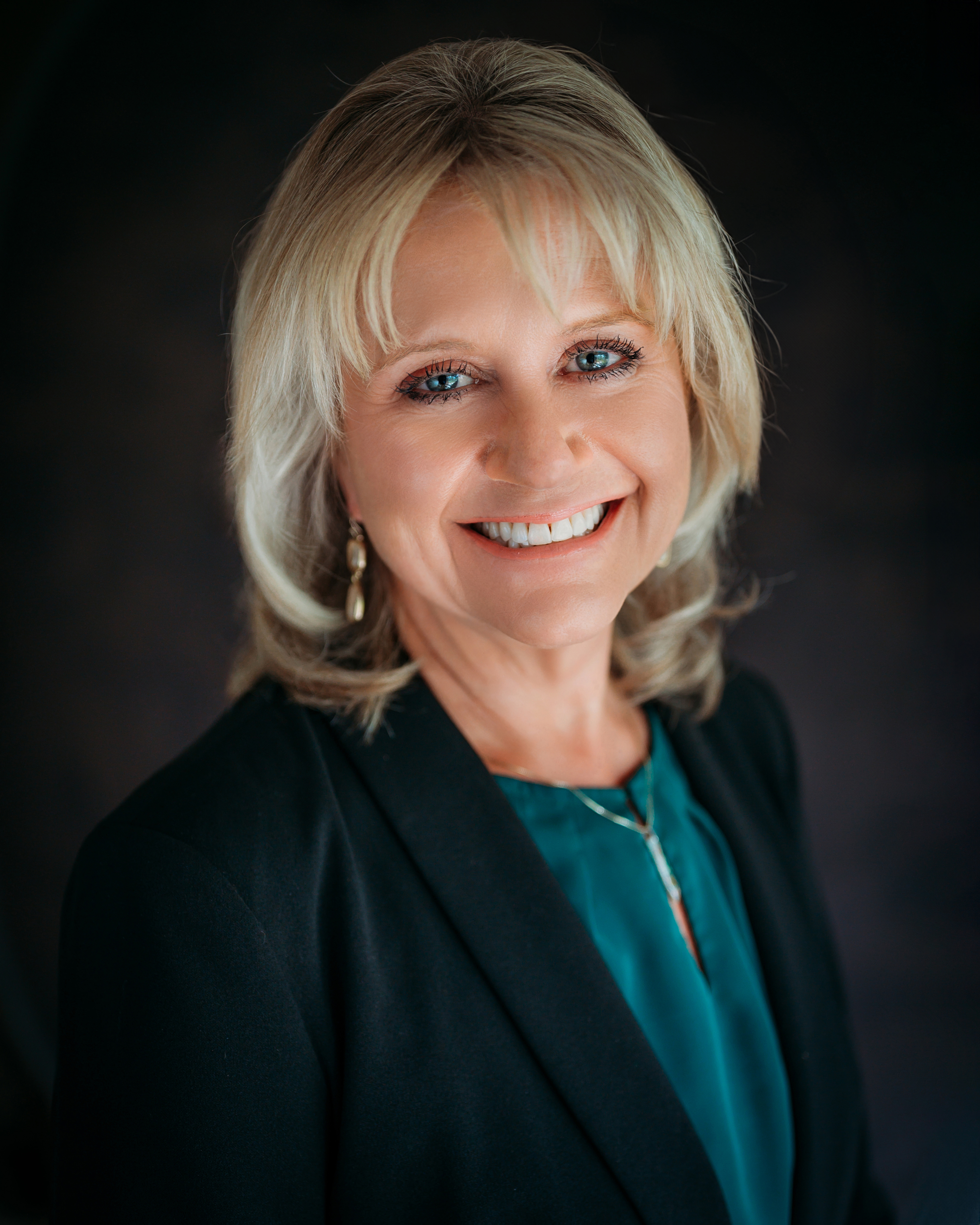Collective impact for undergraduate student success
By Amy Martin, assistant dean, Student Success Strategy
 To guide our strategic work, we have been turning to the Collective Impact Model. This framework has been used in communities and cities across the nation to provide a structured pathway for achieving equitable social change involving multiple organizations and constituencies. It includes learning together along with aligning and integrating core actions to achieve systems-level change.
To guide our strategic work, we have been turning to the Collective Impact Model. This framework has been used in communities and cities across the nation to provide a structured pathway for achieving equitable social change involving multiple organizations and constituencies. It includes learning together along with aligning and integrating core actions to achieve systems-level change.
Over the last several months, we have seen systems-level partnerships and learning occurring across MSU. Some examples include
- the Campus Student Success Group shared learning about pain points for students which lead to the development of the Academic Standing project in partnership the University Advising Leads, and
- the involvement of campus experts, researchers, and practitioners in the Five Areas of Undergraduate Success Learning Community who are helping us shape our strategy guide.
Recently, we also had two visions converge when MSU became the 35th university to adopt the Okanagan Charter as our guiding framework for student, staff, and faculty wellbeing. During the celebration, opening keynote Dr. Sislena Ledbetter, chair of the USHPCN and associate vice president of Counseling, Health and Wellness at Western Washington University, described several concepts for addressing wellbeing at a systematic level including the Collective Impact Model.
In follow up to that momentous day, Dr. Alexis Travis, assistant provost and executive director, University Health and Wellbeing; Kristin Traskie, executive director, Health Promotion, Engagement, Accessibility & Accommodations; and I, along with our teams, are putting that framework into action as UHW and Undergraduate Education intentionally build synergy and linkages between the UHW strategic plan and the “Developing Wellbeing” opportunity area of undergraduate student success. We deliberately paused on our wellbeing research for the Spartan Undergraduate Experience Strategy Guide to support UHW in their strategic work, and now we will meet to put those plans into action with tangible guidance for the university community.
We have also appreciated outreach and intentional collaboration with the Spartan Global Initiative, through engagement with Dr. Robert Glew, associate dean for Academic Programs Office, International Studies and Programs, Office of the Dean; and Dr. Opal Leeman Bartiz, assistant dean for Global Learning and Innovation and executive director for Education Abroad. In the fall, they developed a white paper for Spartan Global Learning that was recently presented by a campuswide committee to the Provost for review.
As we wait for feedback on that proposal, Rob, Opal, Maria O’Connell and I are talking about intentional alignments between the Spartan Undergraduate Experience Strategy and the tenets described in the Spartan Global Initiative. We will purposefully examine the relationship of Spartan Global Learning with each phase of students’ time at MSU and across the areas of success. The focus will be on developing undergraduate students’ purpose, educational success, sense of belonging and community, cultural and social wellbeing, through curricular and co-curricular global experiences.
As we build out our shared agenda for these efforts, we will also be developing shared measurements and metrics for success so that we understand the direct and indirect outcomes on our students’ ability to learn, thrive, and graduate. These intentional collaborations demonstrate active mutual support, enhancement, and connection of our efforts for students – moving toward President Guskiewicz’s stated goal of operating as “one MSU” for student success. We deeply appreciate the partnership and relationships we are building across the campus, thank you!